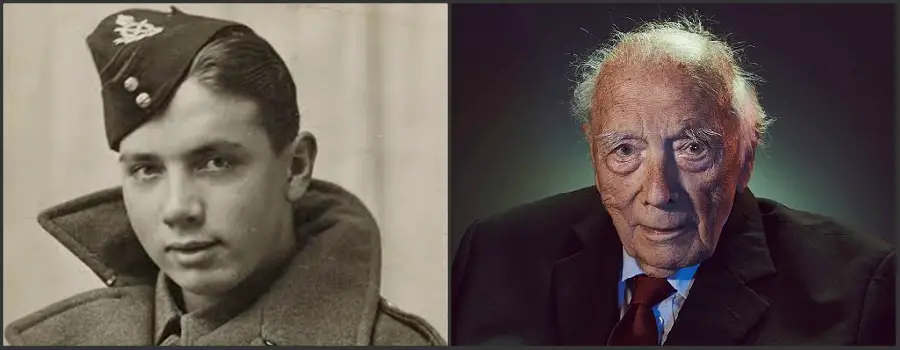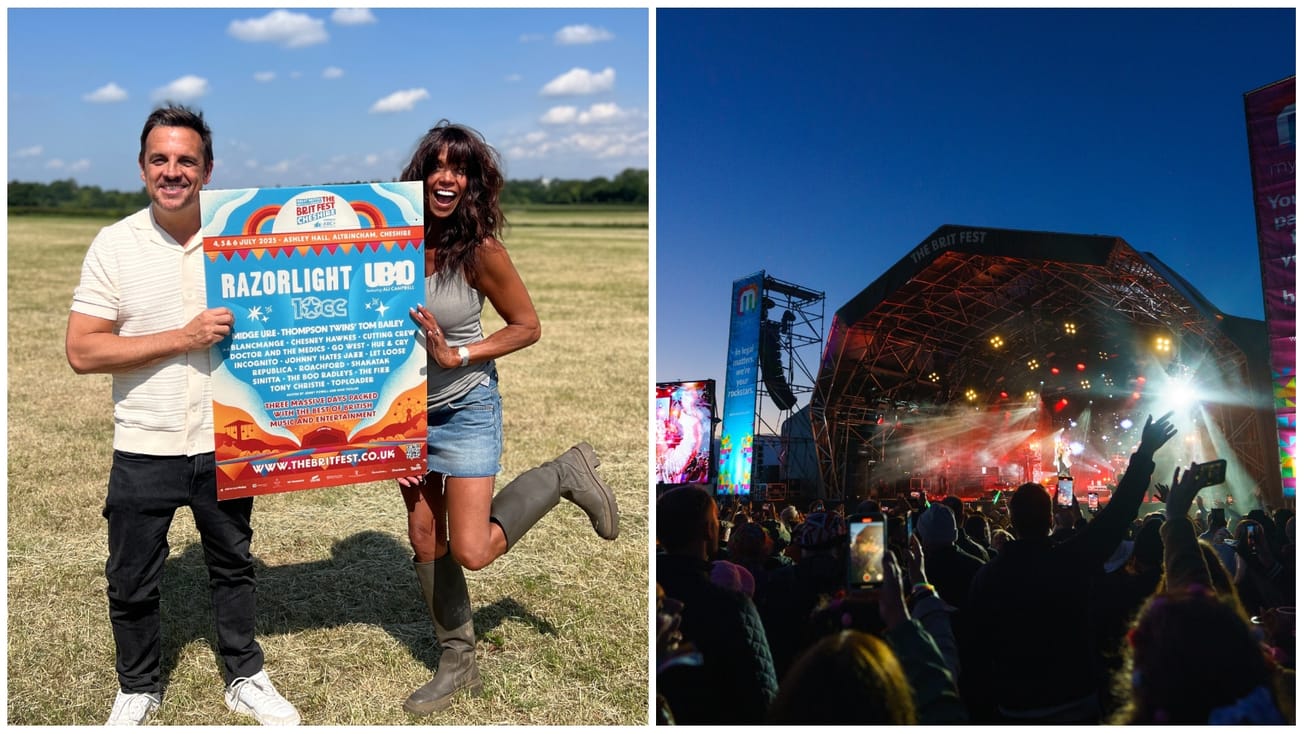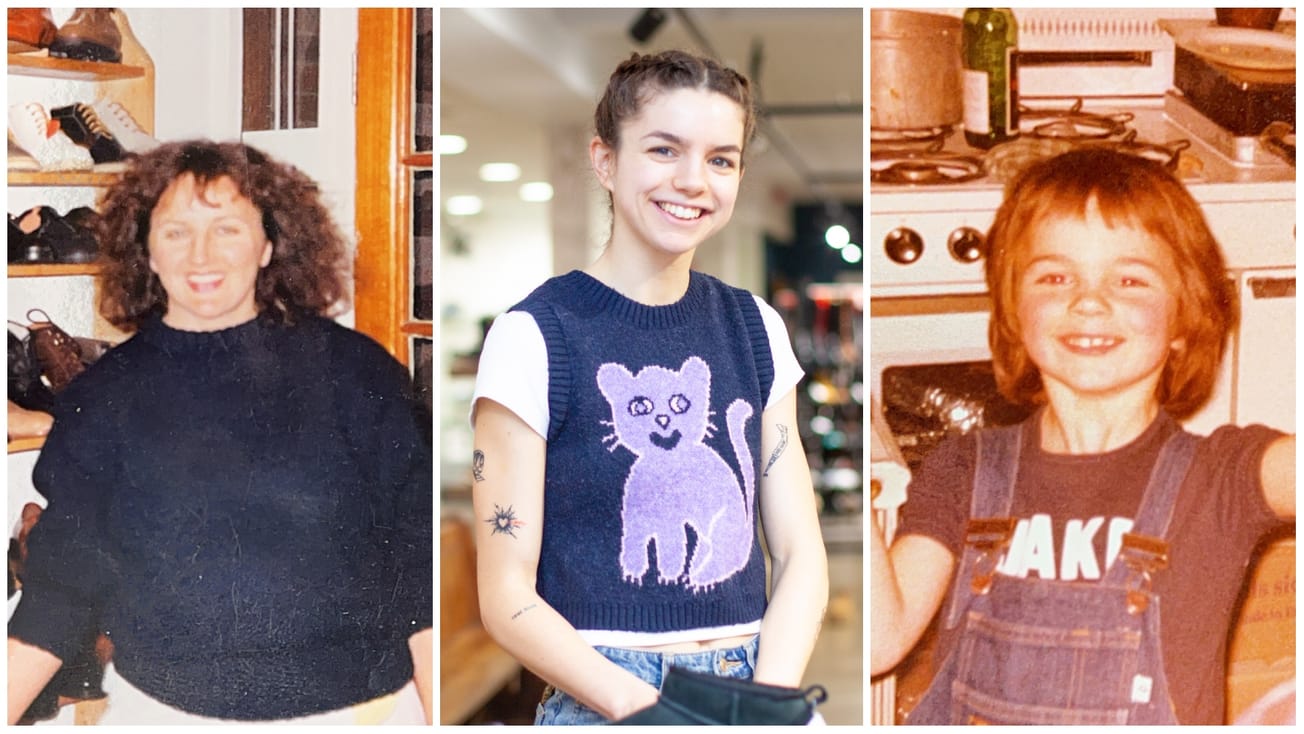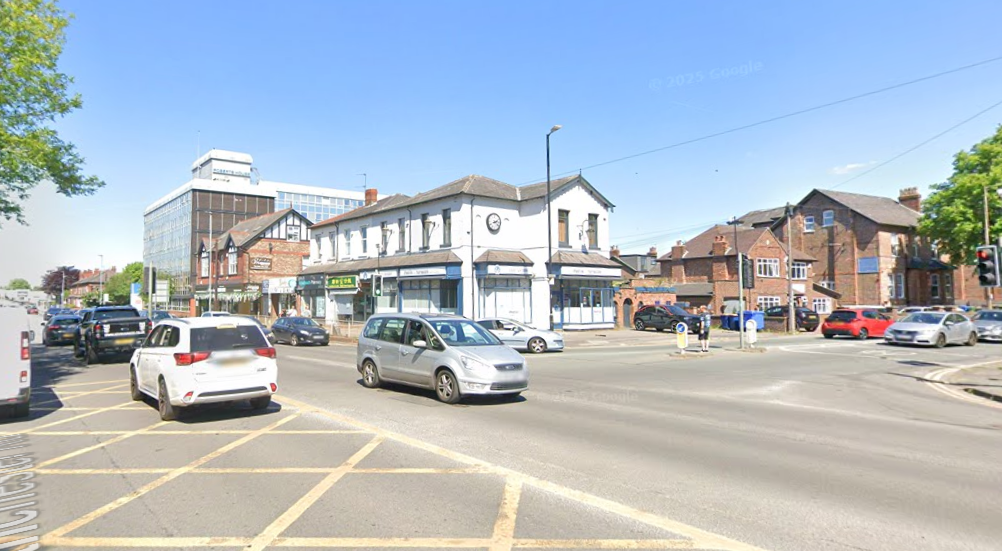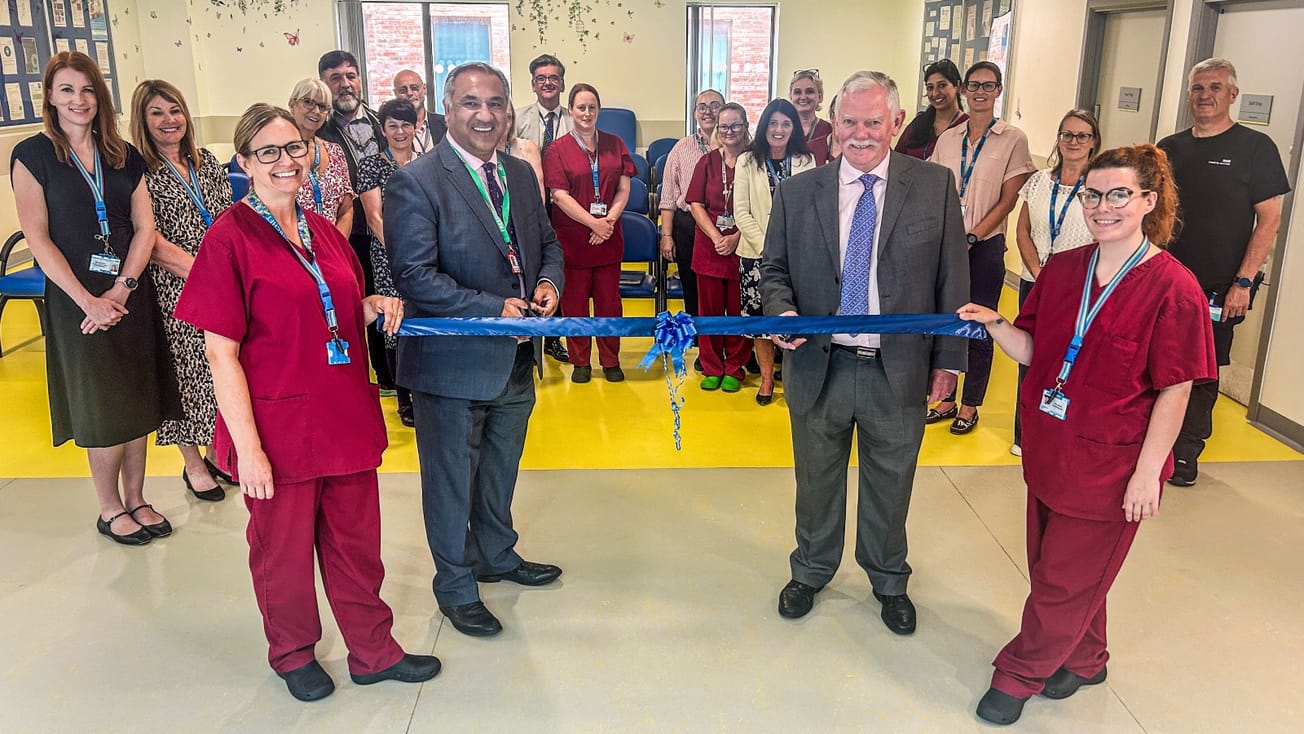A hero paratrooper who survived being shot four times in World War Two is to be buried at Altrincham Crematorium on Wednesday.
Ralph Jones, who was shot in his arm, stomach and foot during the Normandy Landings and Allied push into Germany, died at 11am on Remembrance Sunday, just days before his 94th birthday.
He passed away while holding the hands of two nurses in Salford Royal Hospital as the Last Post was played across the country.
Mr Jones, originally from Staffordshire, lived in Altrincham before moving into Broughton House care home for ex-servicemen and women in Salford.
On his passing Ty Platten, chief executive of Broughton House, said: “Paratrooper Ralph Jones was a veteran of the Normandy Landings and the Rhine Crossing. Ralph was a man shot four times during both engagements.
“That alone did not define Ralph as a man. What did was his modesty and humility as a man. Ralph was an ordinary man who did extraordinary things and from 1940 to 1945, when his people and his country’s sovereignty were threatened, he not only defended the rights of his fellow countrymen but he went into Europe and defended the rights of his fellow Europeans.
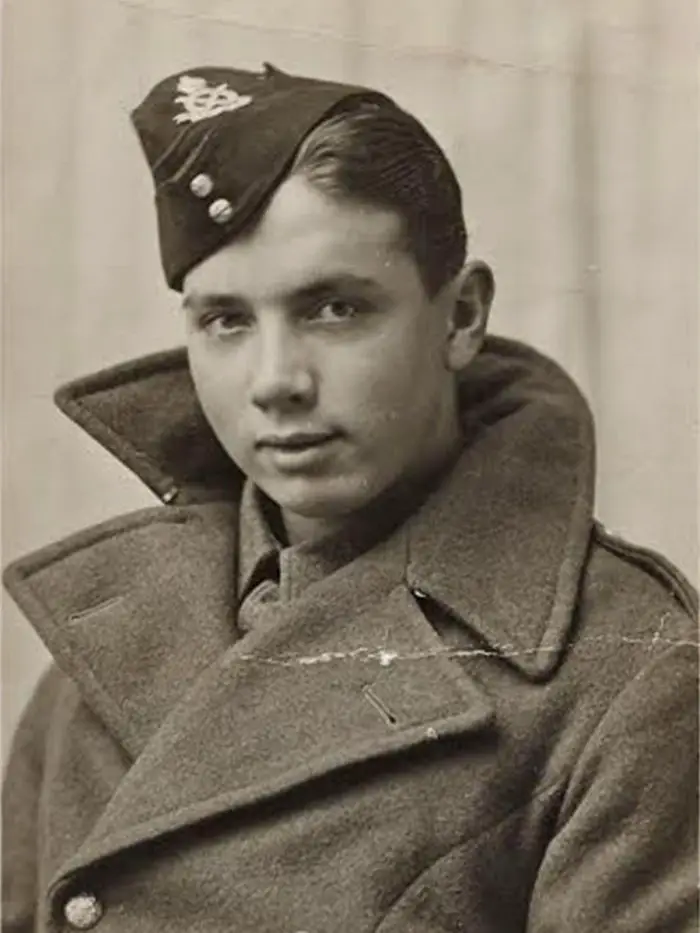
“He was a man who walked this earth with courage and humility, and the world is a poorer place for his passing.”
During Wednesday’s non-religious ceremony, The Ride of the Valkyries, the regimental quick march of the British Parachute Regiment will be played as Ralph’s coffin is carried into the chapel.
The service, which starts at 12 noon on Wednesday, will be conducted by Duncan Battman, of the British Humanist Association. All are welcome to attend including military and ex-military in uniform.
A member of the 13th Battalion 6th Airborne Division during the Allied invasion in June 1944, Ralph later vividly described the operation that left him seriously injured: “The moon is out and there are 90 of us gliders in the air. It’s beautiful actually, very beautiful. But the porthole blows before we’re even close to the ground. The whole glider is screaming with the wind. Absolutely murderous. We can’t talk, we can only mouth at each other.
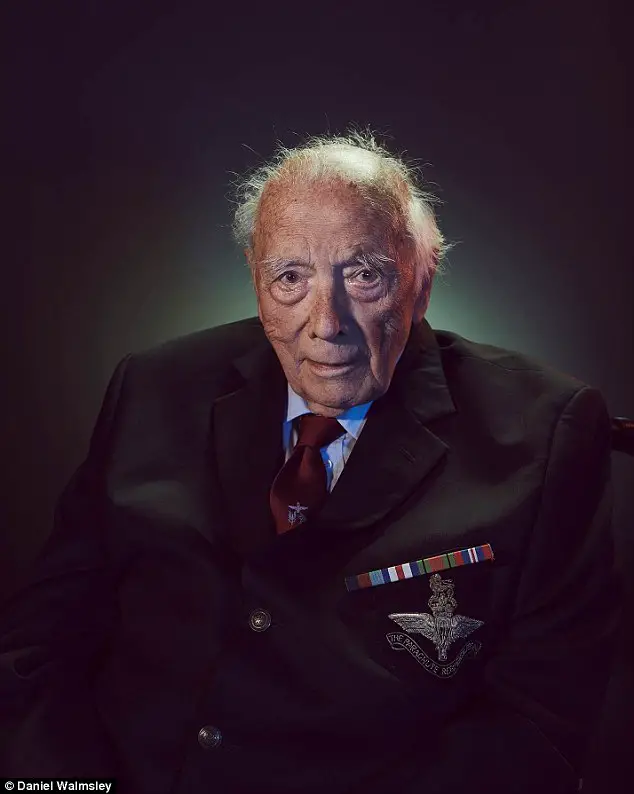
“The glider overturns once, rights itself and we go right through the brick wall of a house and then slide along for about 100 yards. Three of the guys are gone. We’re under heavy fire and it’s quite a struggle to get out. Then I get shot – one, two, three times.
“Next thing I know the rest of them have disappeared. They must’ve left me. I spot my mate on the ground too, in bad shape, worse than me. I try to revive him. Nothing. I see the Jeep from the glider close by – I put him in the back. I try to revive him again but he’s gone. Then one of my mates from the regiment joins me and tells me to get in.
“He drives us through this corn field. We’re being pestered by these Germans in trees as we drive through it and have to keep our heads down.
“Eventually we make it to the beach but the cliffs are too steep. We have to go on foot – and I’m in no state for walking that distance. There are more soldiers there but they seem reluctant to drag me out. As if it’s going to be a hassle.
“Finally they say well come on then and drag me down to the boathouse. Grenades are going off everywhere. We’re taken up in this air ambulance. There’s wounded Germans in there too. I can’t believe it. ‘We’ve been ruddy fighting you’, I say. And as it’s going up I think about the bullet in my arm, the bullet in my stomach, my foot shot up, and all I can think is the wife is going to kill me.”

